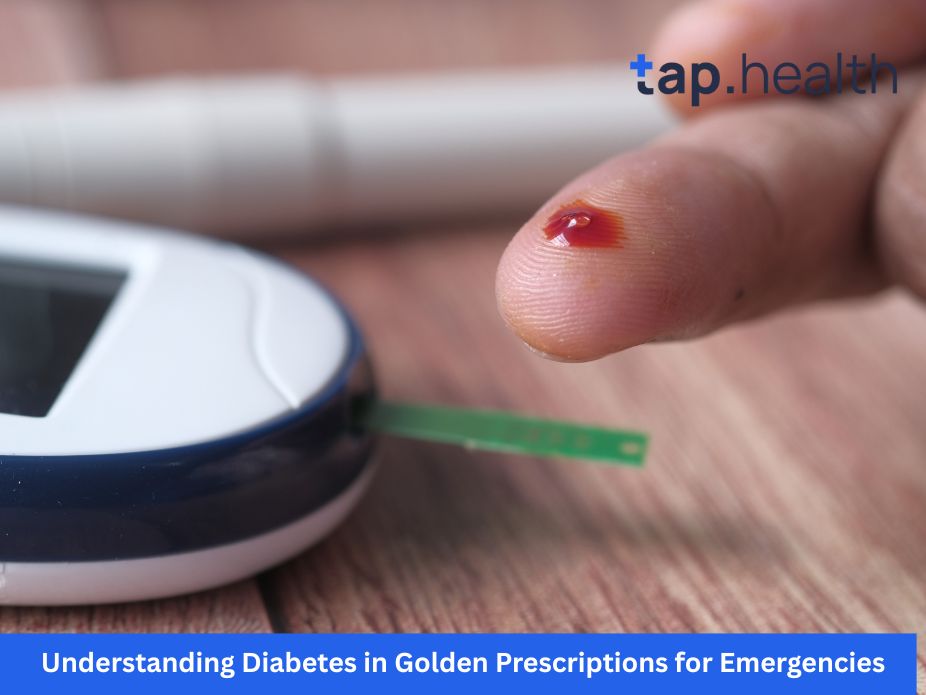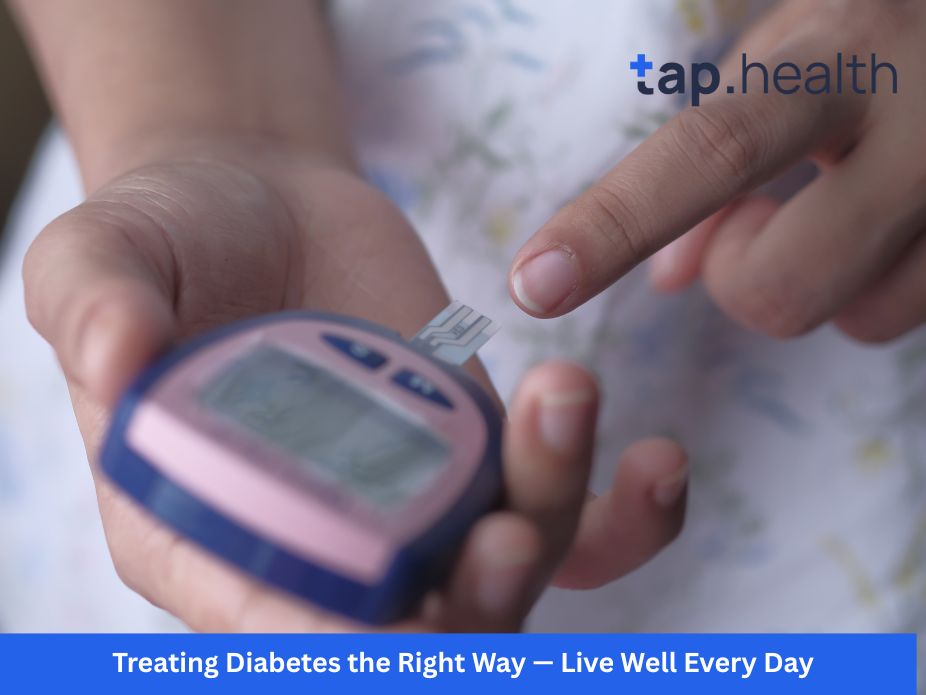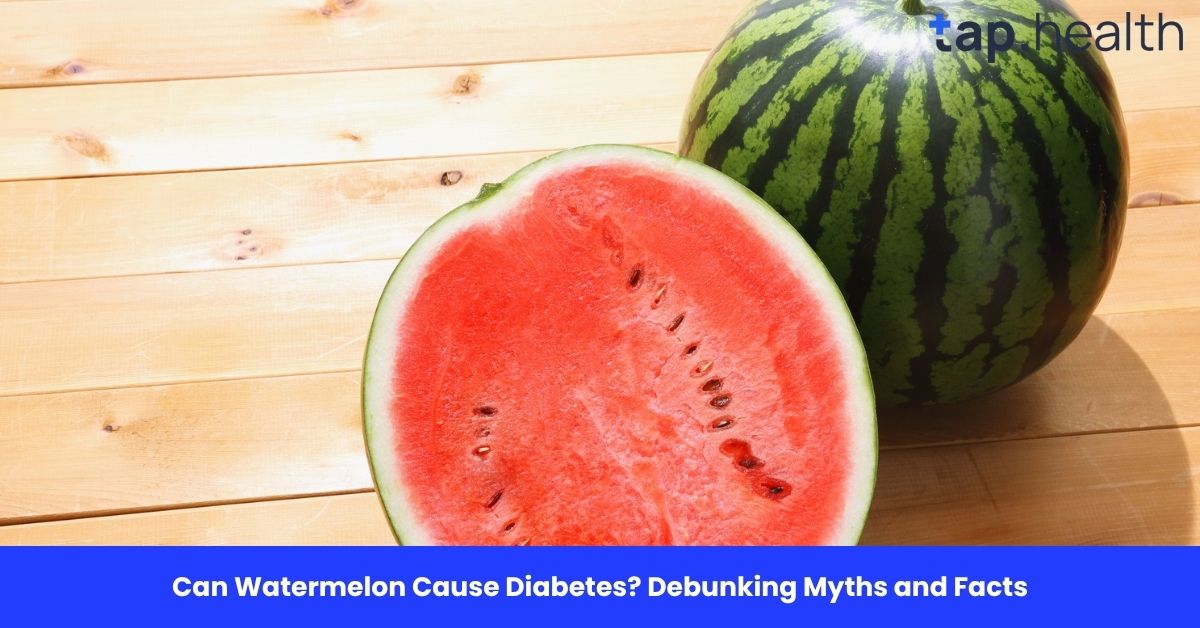Salt, also known as sodium chloride, is a staple ingredient in kitchens worldwide. It enhances the flavor of our food and plays a vital role in our overall health. But one common question often arises: Does salt have calories?
In this article, we will dive into this question and explore everything you need to know about salt, its calorie content, and its impact on your health. By the end, you’ll have a clearer understanding of how salt fits into your diet and why it’s essential to consume it in moderation.
Table of Contents
- Does Salt Have Calories?
- What Are the Nutritional Components of Salt?
- Why Does Salt Not Have Calories?
- How Salt Affects Your Body
- Can Salt Contribute to Weight Gain?
- How Much Salt Should You Consume?
- FAQs About Salt and Calories
Does Salt Have Calories?
The simple answer is no, salt does not contain any calories. When we look at salt’s nutritional composition, we see that it doesn’t have any carbohydrates, fats, or proteins, which are the macronutrients that contribute calories. Salt is composed primarily of sodium and chloride, and since neither sodium nor chloride provides energy in the form of calories, salt itself doesn’t add any caloric value to your diet.
Key Takeaways:
- Salt contains no calories.
- Sodium and chloride, the main components of salt, don’t contribute calories.
What Are the Nutritional Components of Salt?
Salt is a mineral made up of two elements: sodium and chloride. While sodium is an essential nutrient for the body, chloride is also crucial for maintaining proper fluid balance and supporting digestion.
- Sodium: Sodium is vital for nerve function, fluid balance, and muscle function. However, it is not a source of energy and does not provide any calories.
- Chloride: Chloride works alongside sodium to maintain fluid balance and assist in the production of hydrochloric acid in your stomach, which is necessary for digestion. Like sodium, chloride does not have any calories.
In a typical serving size of salt (about 1 gram), there are approximately 400 milligrams of sodium, which is about 20% of the daily recommended intake for most adults. This is crucial information when considering your daily intake of sodium to avoid excessive consumption.
Why Does Salt Not Have Calories?
To understand why salt doesn’t have calories, let’s first look at what calories are. Calories are a unit of energy that we get from food. The three macronutrients—carbohydrates, fats, and proteins—are the primary sources of calories. They provide energy when broken down by the body.
Salt, however, doesn’t contain any of these macronutrients. Instead, it’s made up of sodium and chloride, which are inorganic compounds that do not provide energy. While sodium is necessary for various physiological functions, it does not undergo metabolic processes that would produce energy or calories.
How Does Salt Impact Your Metabolism?
While salt itself doesn’t provide calories, excessive salt intake can affect how your body functions. It plays a crucial role in fluid retention, which can impact your metabolism. High salt consumption can lead to water retention, making you feel bloated, but it doesn’t directly cause weight gain or fat accumulation.
How Salt Affects Your Body
Although salt doesn’t have calories, it plays a significant role in regulating several bodily functions. Here’s how it affects your body:
Fluid Balance and Hydration
Salt helps regulate fluid balance in your body. Sodium, the main component of salt, helps to maintain the right amount of water inside and outside your cells. When you consume too much salt, your body holds onto extra water, which can lead to bloating and increased weight.
Blood Pressure Regulation
Salt can also influence blood pressure. Consuming too much salt can raise your blood pressure by causing your body to retain more water, leading to increased blood volume. This can be risky for people with high blood pressure or those at risk for cardiovascular disease.
Nerve and Muscle Function
Sodium is an essential electrolyte that helps transmit nerve signals and contract muscles. It is vital for proper muscle and nerve function, but it’s crucial to maintain a balanced intake to avoid any health complications.
Can Salt Contribute to Weight Gain?
Salt itself does not contain calories, so it cannot directly contribute to weight gain. However, excessive salt intake can lead to water retention, which can cause temporary weight gain. This is due to the body holding on to more water to balance out the high levels of sodium.
If you find yourself feeling bloated or noticing an increase in weight after eating salty foods, it’s likely due to water retention rather than fat gain.
Does Salt Increase Appetite?
Interestingly, high sodium levels can also increase thirst and make you feel hungrier, which might lead you to eat more food. This may indirectly contribute to increased calorie intake, but salt itself doesn’t add calories.
How Much Salt Should You Consume?
The American Heart Association (AHA) recommends that adults consume no more than 2,300 milligrams of sodium per day, which is about one teaspoon of salt. However, they suggest aiming for an ideal limit of 1,500 milligrams per day, especially for those with high blood pressure or other health concerns.
Tips for Reducing Salt Intake:
- Read food labels: Many packaged foods contain high levels of sodium. Checking the labels can help you make informed decisions.
- Cook at home: Cooking meals from scratch allows you to control how much salt you add to your dishes.
- Use salt alternatives: Spices and herbs can be used to enhance flavor without the need for extra salt.
FAQs About Salt and Calories on Does Salt Have Calories?
1. Does sea salt have calories?
No, sea salt doesn’t contain calories either. Like table salt, it is composed of sodium and chloride, which do not provide any calories.
2. Can too much salt lead to weight gain?
While salt itself doesn’t contain calories, consuming too much can lead to water retention, making you feel bloated and appear temporarily heavier. However, this is not the same as gaining fat or actual weight.
3. Is salt bad for your health?
Excessive salt consumption can contribute to high blood pressure, heart disease, and kidney problems. It’s essential to monitor your sodium intake to stay within the recommended limits.
4. Can I completely eliminate salt from my diet?
Completely eliminating salt from your diet is not recommended, as sodium is necessary for essential bodily functions. Instead, focus on moderating your intake and using alternatives like herbs and spices for flavor.
5. Does Himalayan pink salt have calories?
No, Himalayan pink salt, like other types of salt, does not contain calories. It is made up of sodium and chloride, just like table salt.
6. What foods are high in salt?
Common foods high in salt include processed snacks, canned soups, fast food, and prepared frozen meals. These foods often contain added salt for preservation and flavor.
7. How do I know if I’m consuming too much salt?
If you experience symptoms like bloating, increased thirst, or high blood pressure, you may be consuming too much salt. It’s best to consult with a healthcare provider to determine the right amount for your individual needs.
Conclusion
To sum up, salt does not have calories. It is an essential mineral composed of sodium and chloride, both of which do not provide energy. While salt is vital for various bodily functions, excessive consumption can lead to health problems like high blood pressure and water retention. It’s important to consume salt in moderation and choose healthier alternatives when possible. Always be mindful of your sodium intake to maintain a balanced and healthy lifestyle.


